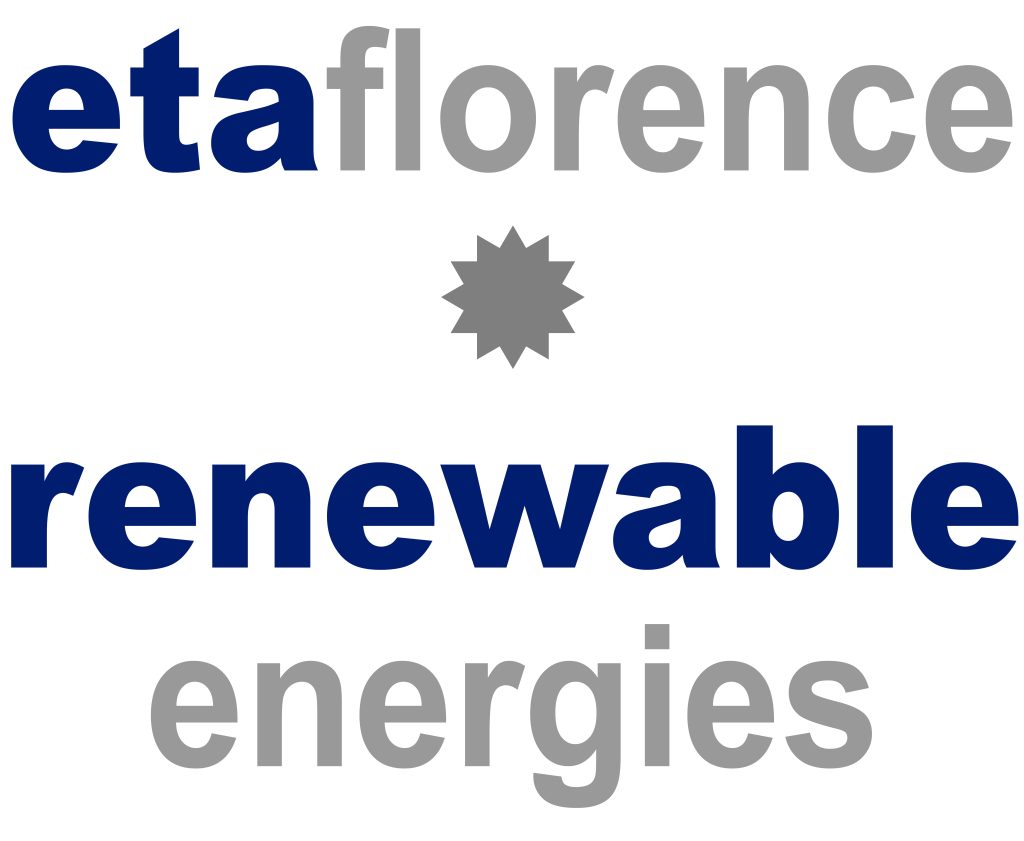Thank you to the participants and the speakers who contributed
to the great success of the event!
Navigate through the stormy seas of decarbonising maritime transport
The European Commission has taken decisive steps in decarbonising transport, the only sector of the economy where Green House Gas emissions continue to increase. The last sector to be tackled by the EC, after road and aviation, is maritime transport. Targets in the FuelEU Maritime proposal are very ambitious since full decarbonisation must be achieved by by 2050 while energy efficiency can only deliver up to a third of emissions cuts. This will will necessitate the gradual deployment of low carbon fuels as of 2025. FuelEU Maritime proposal relies strongly on the adoption of renewable and low-carbon fuels and technologies including ambitious reduction targets for the GHG intensity of marine fuels.
Almost 90% of the EU’s external freight trade is seaborne. Short sea shipping represents one third of intra-EU exchanges in terms of ton-kilometers. Europe’s and Greece’s islands and peripheral maritime regions at present suffer from environmental pollution caused by the emissions of shipping. This must be drastically controlled and the low hanging fruits at present are Low Carbon Fuels.
At the 1st EU-Shipping-BCE: The Role of Low Carbon Fuels in Decarbonising Maritime Transport where we brought together leading policy & decision makers, Low Carbon Fuels producers & suppliers and harbours affecting maritime decarbonisation strategies and actions. Greece, a maritime nation since ancient t times, with shipping representing the oldest form of industry in the country, continues to play a global role with the Greek Merchant Navy controlling the world’s largest merchant fleet in terms of tonnage (2018) while is ranked in the top for all kinds of ships, including first for tankers and bulk carriers. Organising the conference in Athens and Piraeus thus brought an added attraction for participants attendance.
Participant benefitted from experts’ insights on the challenging issues related to decarbonising maritime transport and gained a better understanding of the policy hurdles that need to be overcome to achieve the FuelEU Maritime objectives as well as the key options on low carbon fuels for shipping.










